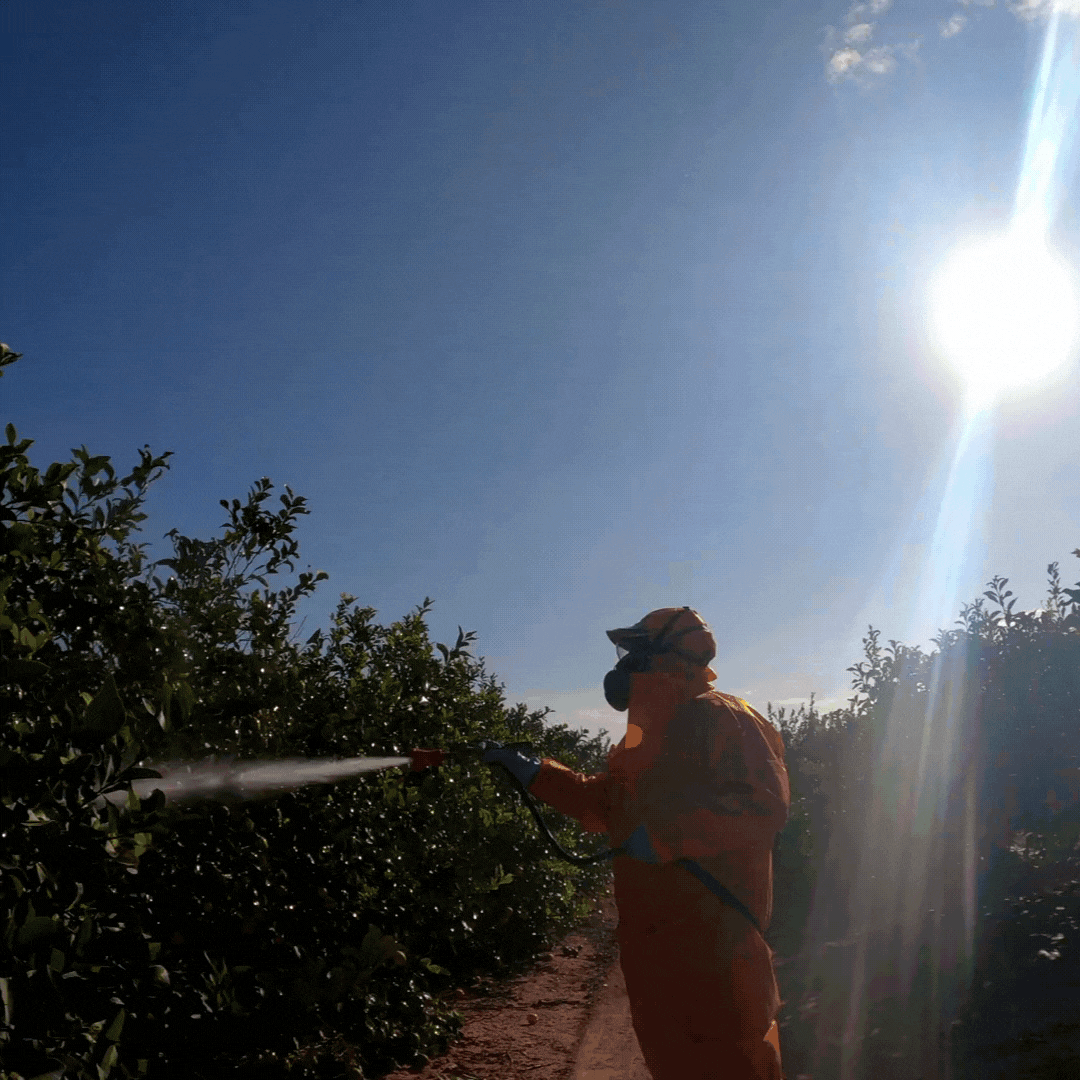Imagine mornings without orange juice, summer picnics without strawberries, or holiday dinners without apple pie. Such a future is possible if we do not take collective action to begin restoring pollinator habitats around the world. Vital pollinator populations have declined over the last 30 years due to habitat loss, pests, pollution, pesticides, and a changing climate, among other contributing factors. 
Equitable Food Initiative (EFI) certification requires farming operations to implement Integrated Pest Management (IPM) standards with practices that minimize the use of chemicals and focus on the use of natural and low-toxicity methods. IPM lowers risks to farmworkers, consumers, and the land.
IPM is the basis for all pest management decisions on EFI-certified farms. By combining long-term prevention of pests and diseases with protocols to lower risks to the workers at our food production front lines, IPM can solve pest problems while minimizing risks to people and the environment. Driving the scale of our collective pollinator commitments through our supply chain can create industry-leading changes and have a significant positive impact for the future of our planet.
You can help protect pollinators by supporting farms that minimize the use of pesticides, use alternative forms of pest control, and follow IPM standards. By acknowledging the problem and looking at all the possible causes, we can start to make significant changes in how we approach and care for our ecosphere, both globally and locally. After all, it is a bee’s world. We are just living in it.

